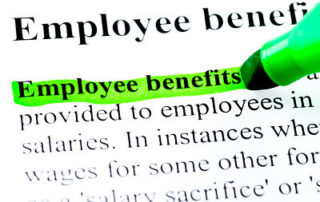How we create AMI’s weekly videos
Hey there — folks have been asking me what tools I use to create our weekly videos, so I thought I would spell it out for you. Here’s the equipment I use. My criteria for anything I am using is that it has to be durable, reasonable small, and lightweight because every week, I am throwing it all into my suitcase and taking it on the road (except for my phone!) And I did not want to spend an arm and a leg. I'm sure you could go higher quality, but this works for me. Camera: My iPhone X Microphone: Shure MV88 iOS digital stereo condenser microphone (plugs into my phone) $149 App for the filming: Shureplus MOTIV video (get in app store) Tripod: Fotopro Phone Travel Tripod $23 (I needed two -- one for the camera & one for light) Lights: Rotolight NEO on-camera LED light $149 15 foot extension cord: Amazon recommended $7 I use an app on my iPhone (Shureplus MOTIV Video -- tied to the microphone) to record the video. For a long time, I was relying on natural light but some of the videos were just too dark so I decided to invest in a light (hence the 2nd tripod and extension cord) box which is about 4 inches square and about an inch and a half thick, so easy to pack. I don't use any sort of teleprompter. Honestly, I don't script these out. I have an idea of the main point I want to make and I just shoot from the hip. Usually, I shoot it a couple times before I'm happy with the flow of the message, but I am rarely shooting for more than 10 minutes. [...]











